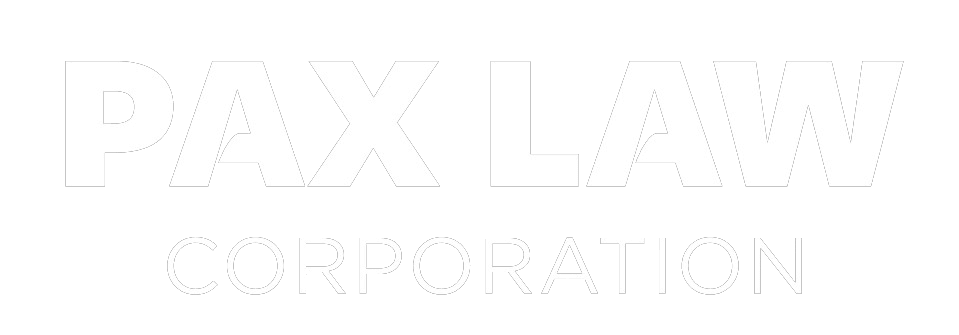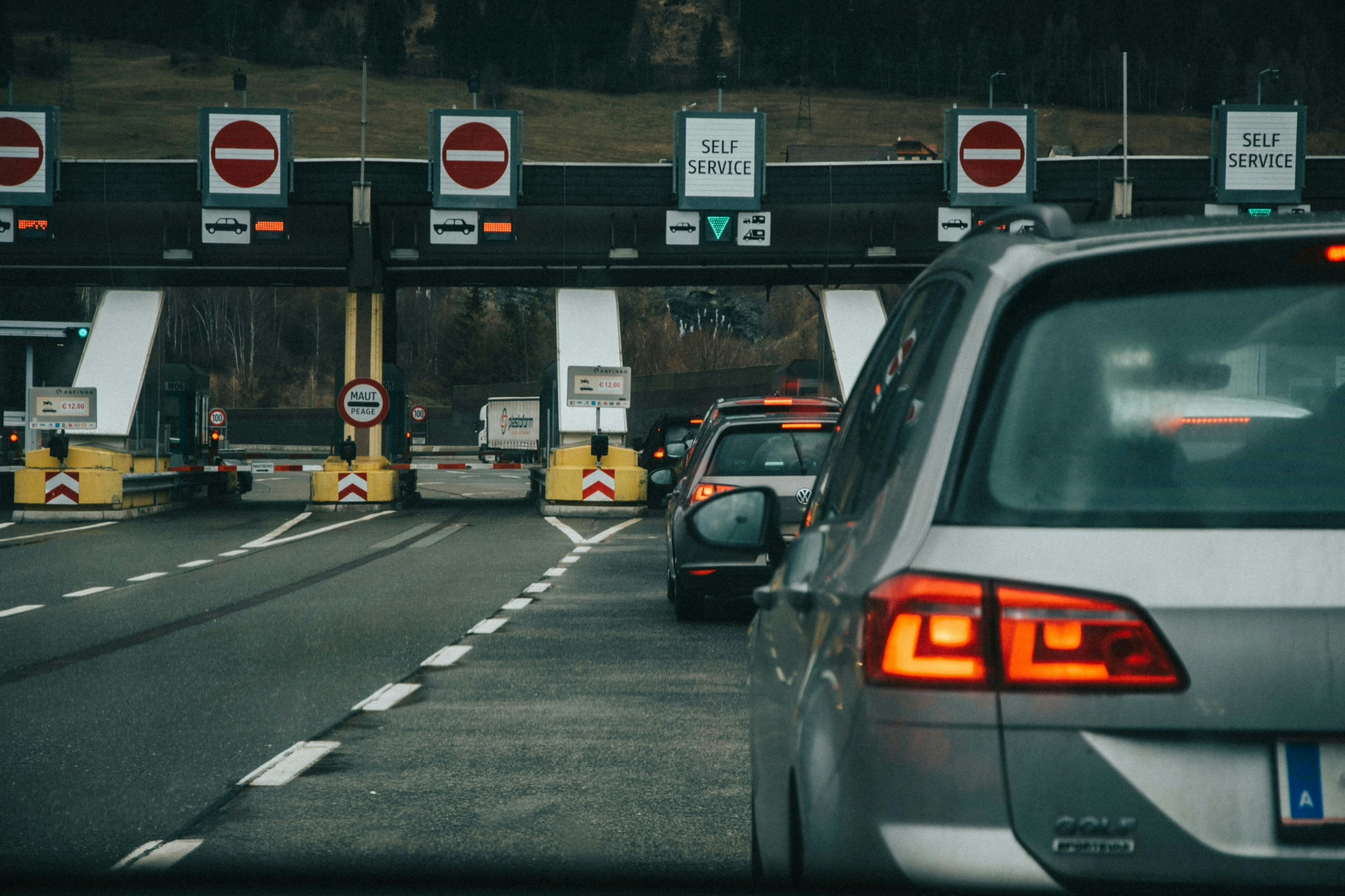Navigating the refugee claim process in Canada can be a complex and daunting experience for many individuals seeking protection. When a claim is denied, it becomes crucial to understand the reasons behind the decision and explore available legal options. This article delves into the refugee claim process in Canada, reasons for denial, legal avenues to challenge such decisions, and how a Vancouver lawyer can aid in the appeal process. Through a comprehensive exploration, individuals facing denied claims can better comprehend their situation and potential pathways to a successful resolution.
Table of contents
Understanding the Refugee Claim Process in Canada
The refugee claim process in Canada is administered primarily by the Immigration and Refugee Board of Canada (IRB) and Immigration, Refugees and Citizenship Canada (IRCC). It begins when an individual makes a claim for refugee protection, either upon arriving at a Canadian port of entry or from within the country. The claimant is required to fill out the necessary forms and provide documentation supporting their need for protection based on fear of persecution due to race, religion, nationality, political opinion, or membership in a particular social group.
Once the claim is submitted, it is reviewed by the IRB’s Refugee Protection Division (RPD), which assesses the credibility and merits of the case. This involves an examination of the claimant’s oral testimony, supporting documents, and country condition information. The claimant may also be called for a hearing where they must present their case and answer questions posed by a member of the RPD. The decision-making process is thorough, aiming to ensure that only those genuinely in need of protection are granted refugee status.
If the RPD approves the claim, the individual is granted refugee protection and can eventually apply for permanent residency. However, if the claim is denied, the individual is informed of the reasons and advised on potential next steps. It is at this juncture that understanding the grounds for denial and exploring legal recourses becomes paramount for the claimant to safeguard their future in Canada.
Reasons Behind Denied Refugee Claims Explained
There are numerous reasons why a refugee claim may be denied by the IRB. One common reason is the lack of credibility, where the decision-maker finds inconsistencies in the claimant’s testimony or discrepancies between their statements and submitted evidence. The onus is on the claimant to prove the truthfulness of their account, and any perceived dishonesty can result in a negative decision.
Another reason for denial could be the failure to establish a well-founded fear of persecution. The claimant must demonstrate that their fear is both subjectively genuine and objectively reasonable, supported by evidence of country conditions. If the IRB finds that the claimant’s fear is not credible or that they have an internal flight alternative within their country of origin, the claim may be rejected.
Additionally, claims can be denied if the claimant is found ineligible for protection under the Canadian immigration law. This can occur if the individual has committed serious criminal offenses, poses a security risk, or has been involved in human rights violations. These factors can render the claimant inadmissible to Canada, leading to a denial of their refugee claim.
Lastly, procedural issues such as incomplete applications, failure to attend hearings, or not providing requested documentation can also result in a denial. It is crucial for claimants to adhere strictly to the procedural requirements set by the IRB to avoid unnecessary complications in their case.
Exploring Legal Options for Denied Claims in Canada
For those facing a denied refugee claim in Canada, several legal options are available to challenge the decision. One of the primary avenues is to appeal to the Refugee Appeal Division (RAD) of the IRB. The RAD reviews the RPD’s decision to determine if there were any errors in law, fact, or procedure that could have affected the outcome of the claim. It is important to note that the appeal must be filed within 15 days of receiving the written reasons for the denial.
If the appeal to the RAD is not an option, or if it is unsuccessful, claimants may seek judicial review by the Federal Court of Canada. This process involves a judge assessing whether the IRB made a legal error in handling the claim. Judicial reviews are not rehearings of the case but rather evaluations of the decision-making process to ensure fairness and legality.
Another potential option is to apply for a Pre-Removal Risk Assessment (PRRA) if the claimant is facing imminent removal from Canada. The PRRA evaluates the risk of persecution, torture, or other forms of harm that the individual might face if returned to their country of origin. A positive PRRA decision can halt the removal process and provide temporary protection.
Finally, claimants can also explore the possibility of applying for permanent residency on humanitarian and compassionate (H&C) grounds. This application considers the individual’s establishment in Canada, family ties, and the best interests of any children involved. While not a direct appeal of the refugee decision, it offers an alternative pathway to remain in Canada permanently.
How a Vancouver Lawyer Can Assist with Appeals
Engaging the services of a Vancouver lawyer experienced in immigration and refugee law can significantly enhance the prospects of a successful appeal. A lawyer can provide invaluable guidance on the legal options available, helping claimants understand the complexities of the appeal process and the criteria for success. They can assess the merits of the case, identify potential errors in the original decision, and advise on the best course of action.
In preparing for an appeal, a lawyer can assist in gathering and presenting additional evidence to support the claimant’s case. This may include obtaining expert reports, affidavits, or updated country condition information that was not available during the initial hearing. A well-prepared appeal can effectively address the reasons for the original denial and demonstrate why the claimant should be granted protection.
During the appeal proceedings, a Vancouver lawyer can represent the claimant, presenting legal arguments and advocating on their behalf. Their expertise in navigating the legal system ensures that the claimant’s rights are protected and that their case is presented as effectively as possible. This representation can be crucial in achieving a favorable outcome, particularly in complex cases involving intricate legal issues.
Finally, a lawyer can provide ongoing support and advice throughout the entire process, from filing the appeal to addressing any subsequent legal challenges. Their knowledge and experience can reduce the stress and uncertainty faced by claimants, empowering them to pursue their cases with confidence and hope for a positive resolution.
Facing a denied refugee claim in Canada can be a daunting experience, but understanding the process and exploring legal options can provide a pathway forward. By comprehending the reasons for denial and seeking expert legal assistance, claimants can effectively challenge unfavorable decisions and work towards securing their future in Canada. With the support of experienced professionals, such as a Vancouver lawyer, individuals can navigate the complexities of the immigration system with greater assurance, striving for the protection and security they seek.
Frequently Asked Q&A
1. What is the refugee claim process in Canada?
The refugee claim process involves submitting a claim to the Immigration and Refugee Board of Canada (IRB), which assesses whether the individual faces a well-founded fear of persecution based on specific grounds such as race, religion, or political opinion.
2. Who can apply for refugee protection in Canada?
Individuals who fear persecution in their home country due to race, religion, nationality, political opinion, or membership in a particular social group can apply for refugee protection in Canada.
3. What happens if my refugee claim is denied?
If your claim is denied, you will receive written reasons for the decision. You may explore legal options such as appealing to the Refugee Appeal Division (RAD) or seeking judicial review by the Federal Court.
4. What are the reasons for denied refugee claims?
Claims can be denied due to credibility issues, failure to demonstrate a well-founded fear of persecution, inadmissibility based on criminality, or procedural errors like missing deadlines.
5. Can I appeal a denied refugee claim in Canada?
Yes, you can appeal to the Refugee Appeal Division (RAD) within 15 days of receiving the written decision. Alternatively, you may seek judicial review by the Federal Court.
6. What is a Pre-Removal Risk Assessment (PRRA)?
The PRRA evaluates the risk of persecution or harm if a denied refugee claimant is returned to their home country. A positive decision can halt removal proceedings.
7. How long do I have to file an appeal to the RAD?
You have 15 days from the date you receive the written reasons for the denial to file an appeal to the Refugee Appeal Division.
8. Can a lawyer help with my refugee appeal?
Yes, an immigration lawyer can provide valuable assistance, including reviewing your case, gathering evidence, and representing you during the appeal process.
9. What is judicial review in the refugee claim process?
Judicial review involves a Federal Court judge assessing whether the IRB made a legal error in handling the refugee claim. It is not a rehearing of the case.
10. What are humanitarian and compassionate (H&C) applications?
H&C applications allow individuals to apply for permanent residency based on establishment in Canada, family ties, or hardship if removed, even if their refugee claim is denied.
11. Can I reapply for refugee protection if my claim is denied?
You cannot submit a new refugee claim, but you may have other options, such as a PRRA or H&C application, depending on your circumstances.
12. How does the IRB assess credibility in refugee claims?
The IRB assesses credibility by examining the consistency of the claimant’s testimony, supporting evidence, and country condition reports.
13. What is an internal flight alternative (IFA)?
An IFA means the claimant could avoid persecution by relocating to another part of their home country. If the IRB believes an IFA exists, the claim may be denied.
14. What happens if I miss my refugee hearing?
Missing a refugee hearing without valid justification can result in your claim being deemed abandoned, leading to automatic denial.
15. Can new evidence be submitted during an appeal?
Yes, new evidence that was not available during the initial hearing can be submitted during an appeal to the RAD or in a judicial review.
16. What is the role of a Vancouver lawyer in refugee appeals?
A Vancouver lawyer can guide you through the legal process, prepare your appeal, and represent you in court or before the RAD.
17. Can I apply for a work permit after a denied refugee claim?
You may apply for a work permit if you are eligible to remain in Canada under specific circumstances, such as a pending H&C application.
18. How can I demonstrate a well-founded fear of persecution?
You can demonstrate fear through credible testimony, supporting documents, and evidence of country conditions that prove persecution based on your identity or beliefs.
19. Can family members be included in my refugee claim?
Yes, eligible family members in Canada can be included in your refugee claim as dependents.
20. What are the chances of success for a refugee appeal?
The success of a refugee appeal depends on the strength of your case, evidence presented, and legal representation.




0 Comments